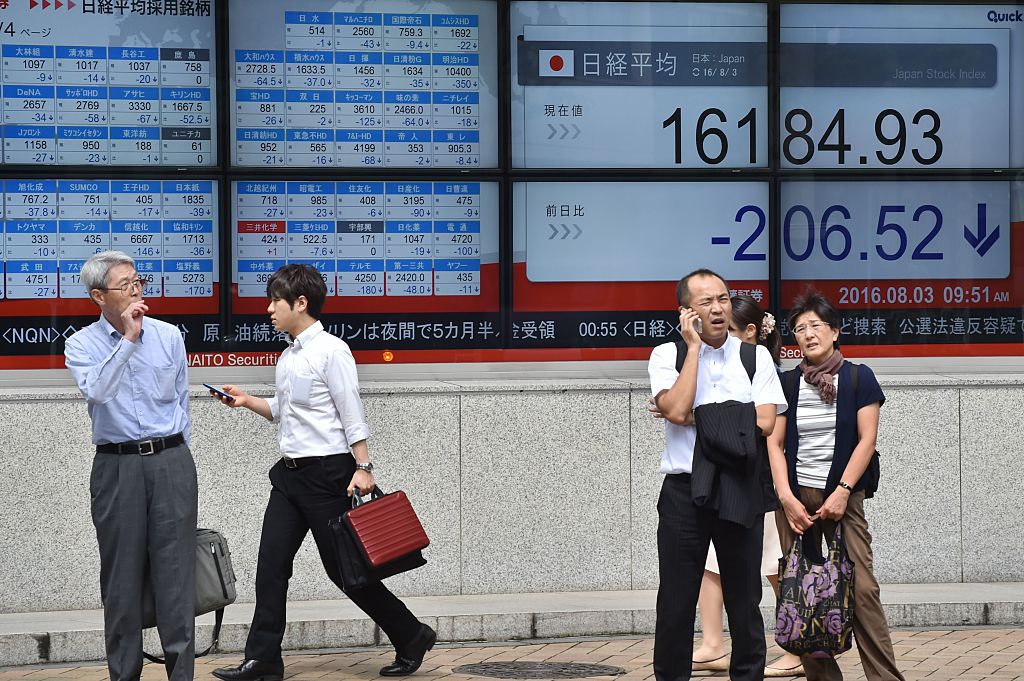The Japanese stock market is setting new records. What is behind the rally?

The Japanese stock market continues its upward trend and has reached all-time highs following the records reached by the US stock market last Friday. especially the Nikkei 225 has crossed the 40,000 point threshold (+0.8%), bringing the year-to-date balance to +20%, while the broader Topix index has recorded an increase of almost 15% since January (+0.1% today, thereafter). Exceeding the record threshold of 2,700 last Friday).
What is behind the Japanese rally?
There are several reasons fueling the Nikkei rally, which has gained around a thousand points in about two weeks. Starting from the good development of corporate profits, partly supported by the weakness of the yen, which in turn gives a boost to companies that sell abroad. Investors’ optimism was then fueled by a positive fourth-quarter investment report released, which anticipated an upward revision in GDP that could be revised from negative to positive Japan is not in recession.
This has increased speculation about a sharp increase in the wage cycle, which could lead to the Bank of Japan ending negative interest rates in April. According to the Kyodo news agency, the Japanese government is considering declaring deflation over, which would be another sign of policy tightening.
“Over the past two years, the Bank of Japan (BOJ) has made an exception to the cycle of global monetary tightening by choosing to maintain its ultra-loose policy despite inflation being above target for more than a year. However, expectations of a policy change this year continue to grow.” At this point, the expert continues: “If external pressures continue to ease (i.e. if Japan’s monetary policy continues to diverge from that of other central banks), normalization of interest rates will become almost exclusive depend on the domestic economy and the BOJ is confident that 2% inflation is sustainable,” explains Eva Sun-Wai, fund manager in the public fixed interest team at M&G Investments, adding that there is a lot of debate about what to do with the Yen could happen if the BOJ ends negative interest rates. “Japanese investors hold many assets overseas and are overall the largest foreign holders of U.S. Treasury securities. A possible consequence could be rising yields in Japan the return of Japanese money to the domestic market, although we have not yet seen the beginning of this process. This could have significant consequences for the Treasury market and the yen.”
New records also for Wall Street
The new records on the Japanese market follow those on Wall Street. Last Friday, the S&P 500 and Nasdaq Composite updated their intraday and closing records. In the finale, the Nasdaq reached a new historical record of 16,302.24 points and closed with a gain of 1.14% at 16,274.94 points. The S&P 500 broke above 5,100 for the first time, rising 0.80% to 5,137.08. The Dow Jones gained 0.23% to reach 39,087.38 points.





